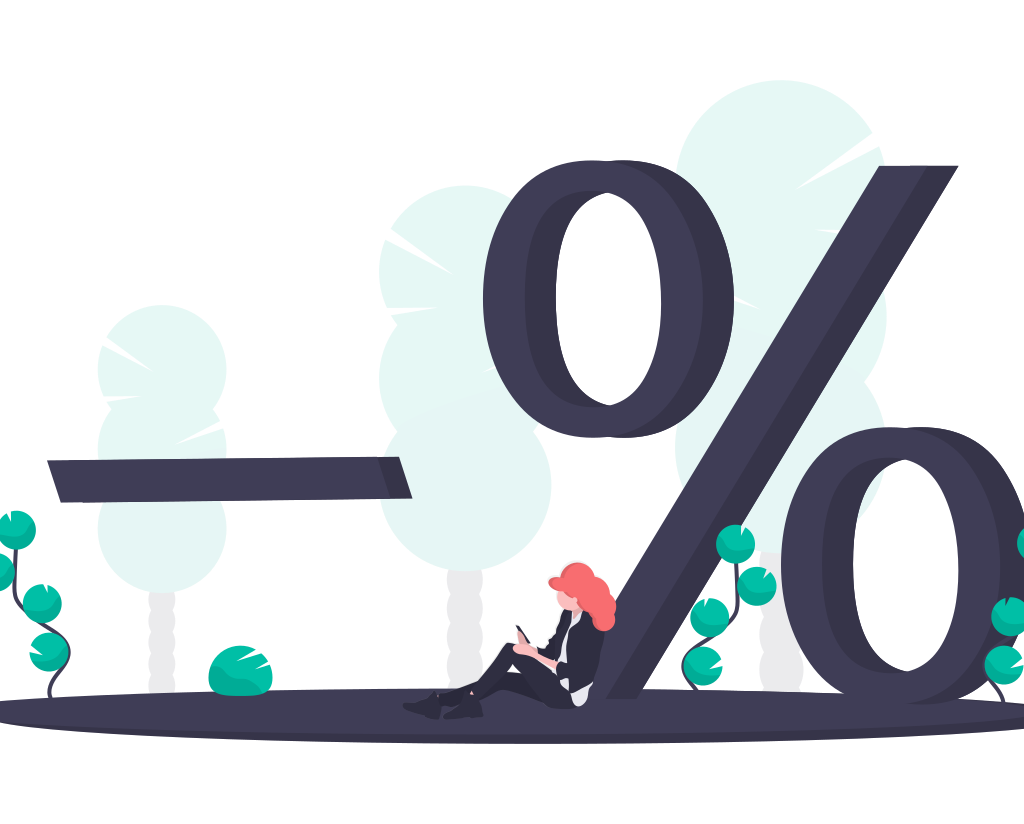Introduction
The real estate market is always changing, but this year will be especially interesting. Interest rates are increasing, which could make it more expensive for buyers to get a mortgage. Millennials are getting older and coming into their own as homebuyers, while Baby Boomers continue to downsize as they get older. As these trends play out in the coming months, it will be important to keep an eye on where prices are rising the most—and which cities aren’t seeing much increase at all.
Prices Will Rise More in Some Cities Than Others
In the real estate market, prices are rising in some cities and countries. Prices are also rising in some areas, neighborhoods, and even specific homes. The question is: where? The answer is that it depends on what you’re looking for. If you want your home to be near a park or downtown area with lots of restaurants, then consider buying somewhere close to these amenities A good example is properties around Ibeju Lekki, Lagos, Nigeria.
If you want more space for less money (or vice versa), then look at purchasing a home outside of the city center but still within commuting distance from work or school if possible—and maybe even closer than that if possible!
Interest Rates Are Increasing

Interest rates are on the rise, and that’s good for buyers. The CBN has increased the interest rates to 14% and there are changes for further increase.
If you’re looking to buy a home in the next few months, now is the time. Interest rates have been rising since last year and are expected to continue throughout 2022. If you plan on staying in your current home for more than three years (or if you’re ready to refinance), this will also be a good year for you as well.
The conditions of today’s market make it ideal for both buyers and sellers — but interest rates aren’t expected to remain at these levels forever. In fact, some experts predict they could continue rising until 2023 or 2024! Others expect them to fall by 2022 before stabilizing again during 2023-2024. The truth is: that no one knows exactly what will happen with interest rates over the next couple of years—but we can say with confidence that there’s no bad time for buying or selling real estate right now!
Homeownership Will Attract New Demographics
- Millennials are renting longer.
In 2017, the majority of single-family home buyers were millennials (24 to 44 years old). This demographic was also the largest group of homebuyers in 2018 and 2019. As a result, there is an increase in demand for more affordable homes with less space.
- Millennials are living with their parents longer.
Due to this trend, many first-time buyers are choosing to buy homes that already have furniture or appliances included (or at least offer those options). The average size of new construction homes is already dropping—and it’s only going to get smaller as more people live together under one roof than ever before!
Millennials Will Begin to Buy in Larger Numbers
As the largest generation in history, and one that has been held back by student loan debt, millennials will begin buying homes in larger numbers. According to a report from Freddie Mac, millennials will jump from being just about one-third of home buyers this year to nearly half by 2025. This is good news for anyone looking to sell their house quickly and easily!
To put it another way: Millennials will buy more houses than any other generation before them—more than Generation X (born between 1965 and 1980), Baby Boomers (born between 1946 and 1964), their parents’ generation (Generation X) or even their grandparents’ generation (Baby Boomers).
Read Also: 6 Costs To Consider When Buying An Investment Property
Homes Will Get Smaller and Smarter
The buildings themselves will look a lot different, too. Experts predict that homes in 2023 will be smaller and smarter, as well as more energy efficient, sustainable, and built with better insulation.
“We’re talking about smart homes,” said Brian Fagan of the Real Estate Board of Greater Vancouver (REBGV). “You’re going to see a lot of new products coming on line to make your home more efficient.”
For one thing, buildings will get smaller: The average detached home size dropped from 1,903 sq ft in 2016 to 1,825 sq ft last year—and it’s expected to keep shrinking into this decade. That’s partly due to skyrocketing land values that have made it necessary for developers to build up instead of out (i.e., by using vertical space rather than horizontal), but it’s also because people like having less space in their lives these days. “People are working longer hours,” Fagan said; “[they] don’t want the burden of maintaining larger properties.”
The real estate market keeps evolving. Keep up with the latest trends.
- The real estate market is always changing.
- It’s important to stay up to date on the latest trends and movements in the market.
- The real estate market is constantly evolving, so it’s important to keep up with the latest trends if you want to succeed as a seller or buyer.
Conclusion
As we’ve seen, the real estate market is always changing, and this year is no exception. From rising interest rates to a shift in demographics, there are plenty of factors that could affect your bottom line. We hope you’ve found some useful information in this article! If you have any questions about what these trends mean for your investment strategy or how they might affect you personally, please contact us today.


